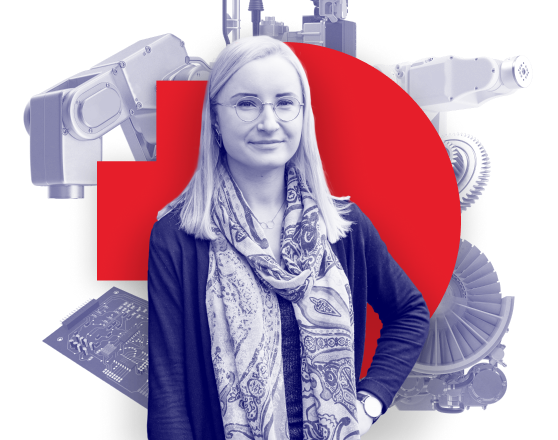RMIT offers a variety of learning and teaching approaches including lectures, seminars, workshops, presentations, group discussions and syndicate work.
You'll have access to online and digital resources through various student systems, including Canvas, the University’s Learning Management System.
Ongoing assessment throughout the semester includes exams, essays, reports, oral classes, presentations, group projects, research projects, laboratory projects and practical assignments. Classes are taught by experts in their fields. There is a strong emphasis on laboratory work and professional engineering projects to put theory into practice and enhance research, teamwork, leadership, communication and project management skills.
You'll have the opportunity to use state-of-the-art facilities in the areas of communications systems, RF and microwave circuits and antennas, digital signal processing, networks and software-defined networks to support relevant teaching and learning activities. You'll also have access to a range of simulation software representing current industry practice ensuring you’ll be familiar with the type of equipment you’re likely to use in industry.




